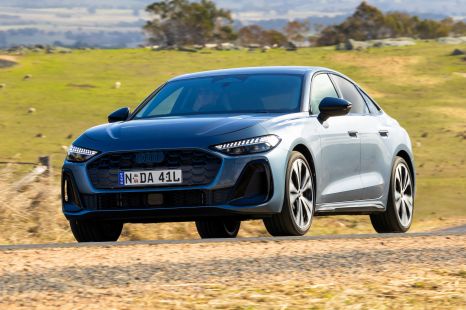

James Wong
2025 Audi A5 Sedan TFSI 150kW review
4 Days Ago
BYD has overtaken Volkswagen in China during Q1 2023, and might stay on top of the sales charts for a while to come.

Journalist
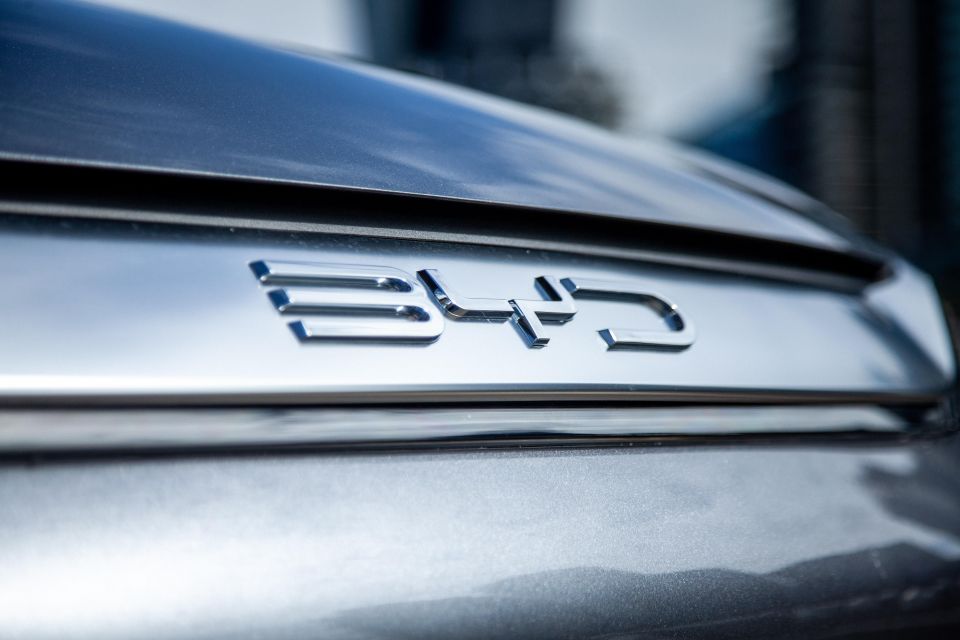

Journalist
BYD outsold Volkswagen in the first quarter of 2023, marking the first time in nearly 40 years a local brand has topped China’s automotive sales charts.
According to numbers compiled by Bloomberg, BYD sold 440,000 cars in China during the first quarter (January to March) of 2023, passing the Volkswagen brand, which shifted 427,247 vehicles during the same period.
Not only that, but BYD accounted for around 40 per cent of the “new energy vehicles” — plug-in hybrids and pure EVs — in China. Since early 2022, BYD has only been producing PHEVs and EVs. By comparison, EVs only accounted for six per cent of Volkswagen’s sales in China.
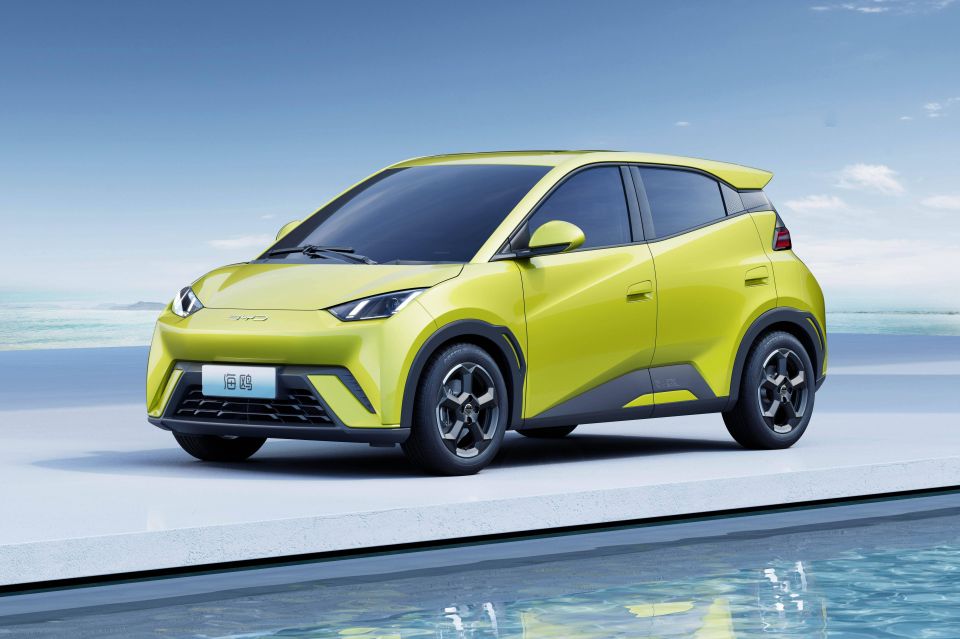
Volkswagen has been China’s top-selling brand since at least 2008 when figures from the China Automotive Technology and Research Center became available.
Thanks to its early mover status, the brand has long been one of the most popular in the Chinese automotive landscape.
Volkswagen was one of the first companies to enter the Chinese market when the government began slowly opening up the automotive sector to foreign investment in the early- to mid-1980s, with the Santana quickly becoming a top seller. With a number of facelifts and enhancements, the first-generation car remained in production until 2013.
As China embraced capitalism in the 1990s, and more foreign marques began to enter the country, Volkswagen was able to maintain its position at, or close to, the top of the pile.
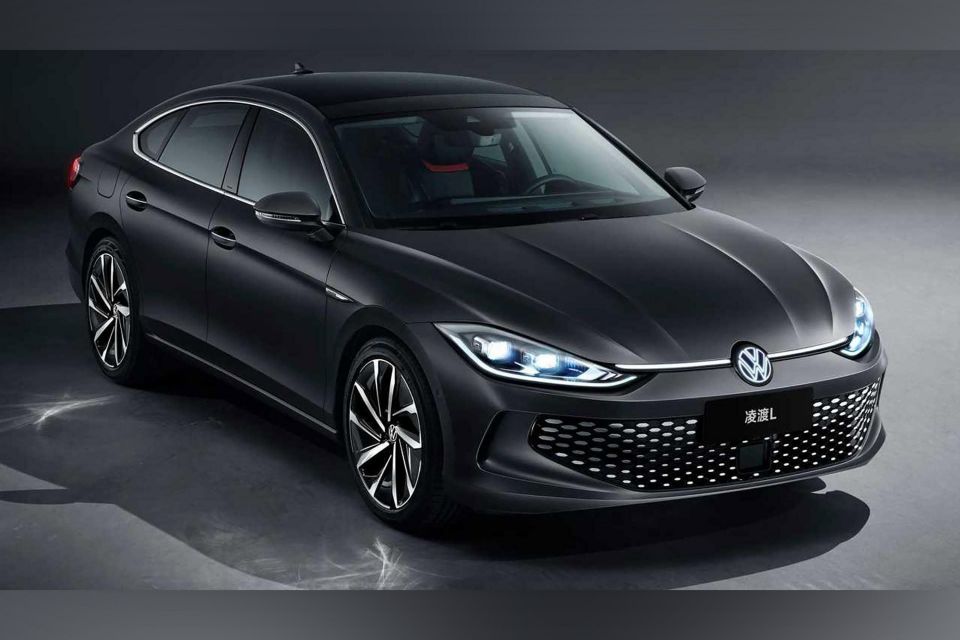
It should be noted the Volkswagen Group also produces Skoda and Audi vehicles locally. Sales from those two brands, plus imports from the automaker’s other high-end marques, should push the German firm’s overall figures ahead of BYD.
If these numbers from Bloomberg are accurate, it will be another important milestone in BYD’s journey to become a global automotive force.
BYD was founded as a private company in 1995 by Wang Chuanfu, and the company began producing cars in 2003 when it purchased a small regional automaker based in Xian.
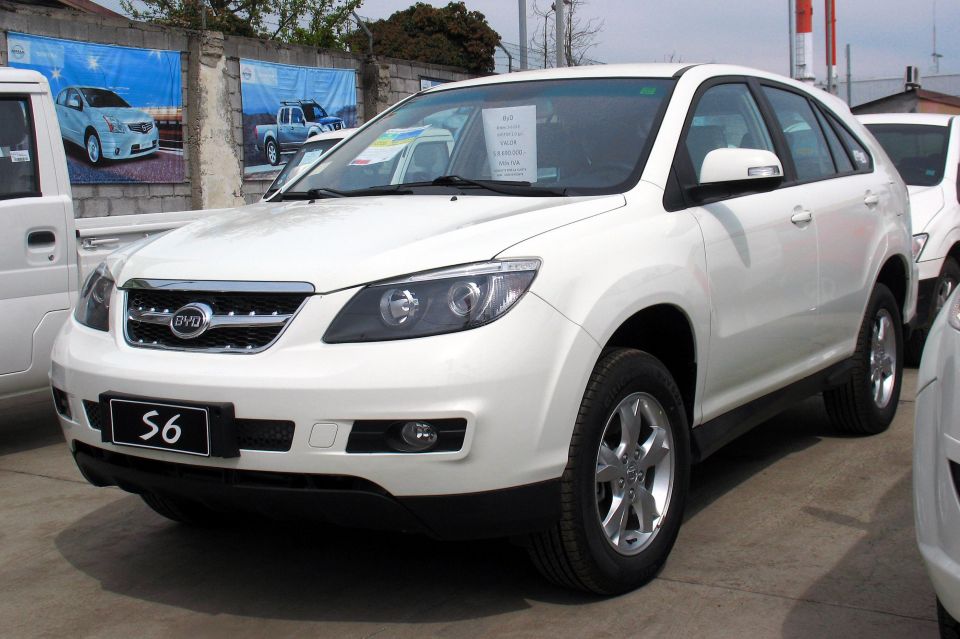
While BYD’s early years are tainted by vehicle designs that closely resembled those of more established automakers, including the Toyota Aygo and Corolla, Mercedes-Benz SL, and Renault Megane CC, the company managed to attract investment from Warren Buffet.
In recent years, BYD has invested heavily in plug-in hybrid and pure electric vehicle technology.
As its designs became more mature and tech became more advanced, BYD’s sales have grown dramatically. In 2021, the company sold around 600,000 cars globally, and this grew to 1.86 million in 2022. This year it aiming to sell at least 3 million.
The company has been expanding its presence in Europe and Asia, and began selling cars Down Under in 2022. It currently has no plans to begin sales in the US.
Derek Fung would love to tell you about his multiple degrees, but he's too busy writing up some news right now. In his spare time Derek loves chasing automotive rabbits down the hole. Based in New York, New York, Derek loves to travel and is very much a window not an aisle person.


James Wong
4 Days Ago
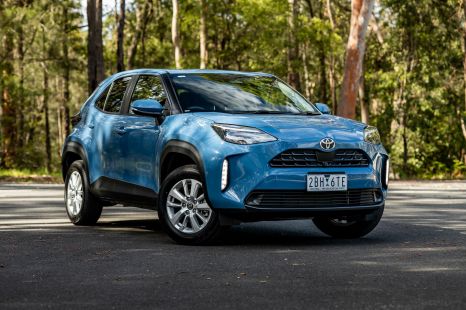

Matt Campbell
3 Days Ago
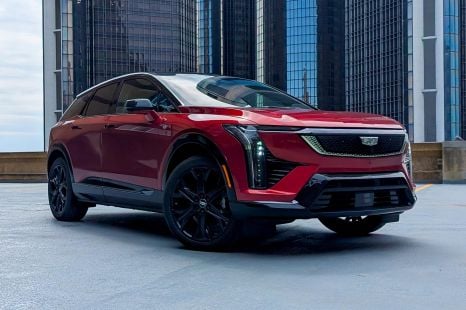

William Stopford
2 Days Ago
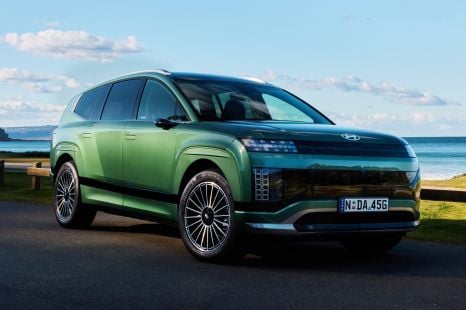

Josh Nevett
18 Hours Ago
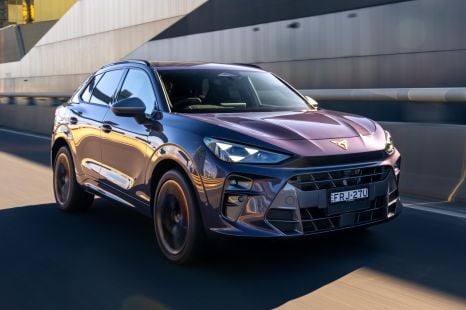

James Wong
18 Hours Ago
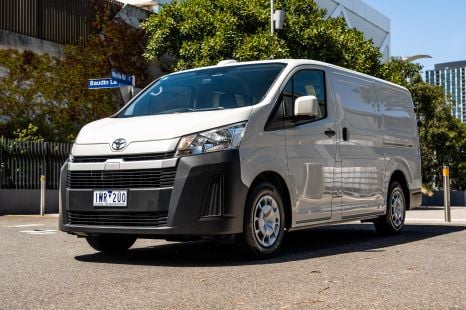

Max Davies
11 Hours Ago